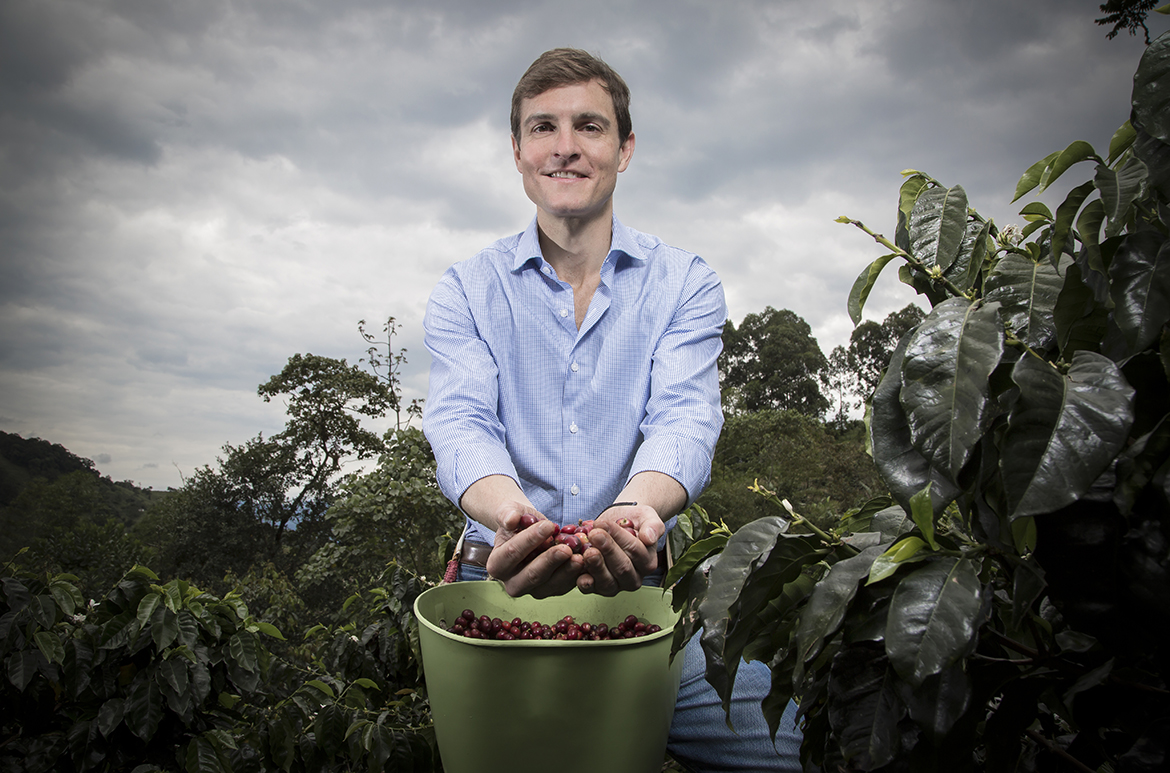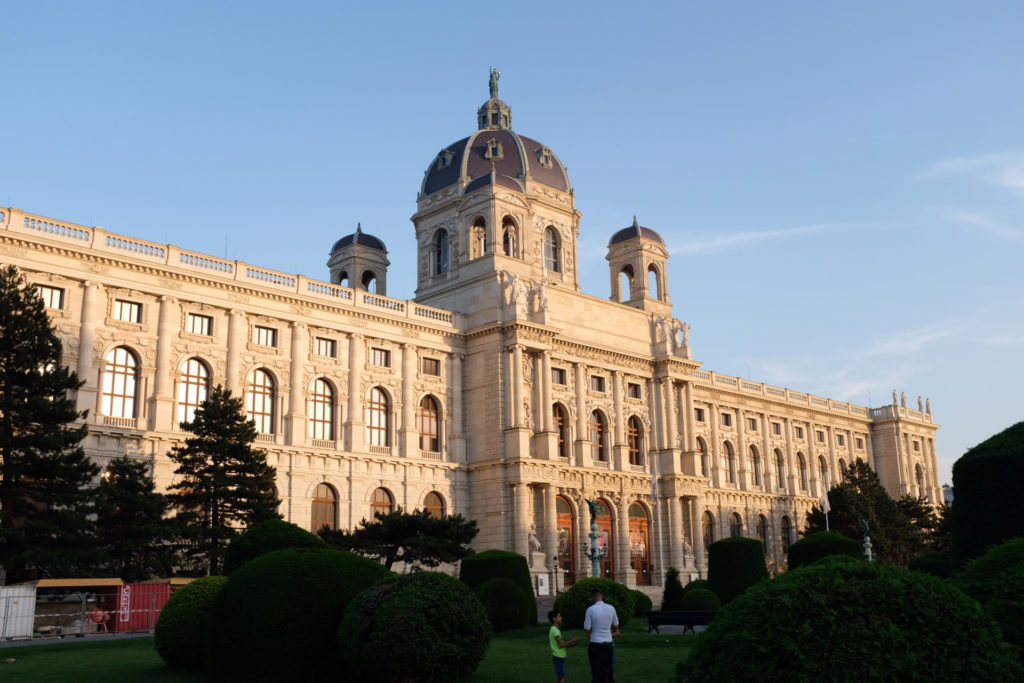
The coffee supply chain as it stands is unsustainable. By and large, it relies upon exploiting the labor of the farmer and the barista (though not in equal measure), the two ends of the chain and arguably its most important parts, neither of which are often paid a livable wage. Something needs to be done; we’ve made our suggestion. Others, God love ‘em, are trying, but their efforts are misguided.
One such ostensibly well-intentioned measure is Propina (stylized as “propina”, no caps) a new app that allows folks to directly “tip” farmers in Colombia. Per a predictably regurgitated press release, those tips are used to “set up their pension funds, support female farmers, and provide education for their children” and does so in a “traceable, transparent, and secure way.”
Prima facie, this all sounds great, right? We’re getting more money to the most exploited members of the coffee supply chain, hopefully ensuring a brighter future for all. What could possibly be bad about that?
Well, let’s start with where those funds are coming from: the baristas.
Propina is comprised of two apps: Propina Business, which “allows consumers to send tips when purchasing coffee in the cafe, the market, the office, the hotel, or the gym,” and Tip Your Farmer, the consumer-facing app that allows users to send money to producers no matter where they are. If you want to download Tip Your Farmer and send money to Colombian coffee producers apropos of nothing, more power to you. I have no complaints there. My larger issue is with Propina Business.
The retail app allows customers to tip at point-of-sale, with the funds going to the pension fund propina has set up for farmers. Now, folks generally already tip at point-of-sale (you BETTER be fucking tipping, at least a dollar, even for batch brew); that money goes to baristas, folks whose livelihoods rely heavily on tips. Short of customers tipping twice—which they won’t, and any platform built with that expectation is deeply flawed—propina doesn’t introduce any new capital into the coffee chain, it merely shifts it around. It’s robbing Peter to pay Paul.
This says nothing of the fact that we are not working in dollar-for-dollar equivalencies; most baristas take home 100% of the tips they make, whereas as Propina—a platform who, no matter how altruistic its goal, is very much in the business of making money—takes eight percent of each tip received, as confirmed via email by the organization. That money goes to “manage our growing staff in the US and Colombia, develop new technology, support existing technology, pay for legal and administrative costs, pay for marketing expenses, pay various transaction costs that we incur and address other costs associated with the management of the platform,” the email states. This information was not included in the press release, which means it didn’t make into articles based solely on said press release.

Giving money to Propina’s farmers by taking it from service workers is one way of alleviating a symptom of a much larger problem, but it does so by kicking the can down the road in a way that makes the root problem more difficult to solve. In my opinion, tipping farmers via Propina doesn’t just fail to address the actual issue at hand—farmers not being paid fairly for their work—it also shifts the onus onto customers and baristas to pick up the monetary slack in a way that strikes me as profoundly disingenuous. It further insulates those profiting off the artificially and immorally low c-market price from taking large scale corrective action.
Shifting money from barista to farmer is the band-aid keeping money shifting from corporation to farmer, and that’s the real, substantive change that needs to be made. Anything working contrary to or in deferment of that end, no matter how well-intentioned it may be, is part of the problem.
Zac Cadwalader is the managing editor at Sprudge Media Network and a staff writer based in Dallas. Read more Zac Cadwalader on Sprudge.






















